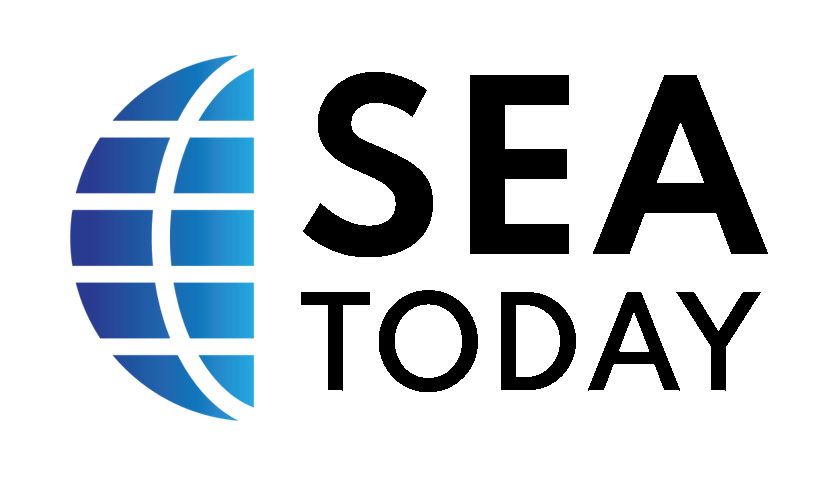NEWS
Three Priorities Set for Higher Education Reform, Says Ministry

SEAToday.com, Jakarta - The Ministry of Higher Education, Science, and Technology (Kemendiktisaintek) has announced three key areas of transformation to be outlined in a new strategic plan for advancing higher education in Indonesia.
“In the near future, the ministry will formulate a new strategic plan. Despite being in an institutional transition phase, the plan will focus on three main agendas,” said Director General of Higher Education at Kemendiktisaintek, Khairul Munadi, as quoted on Antara, during a statement in Padang on Sunday.
The three priorities are: strengthening institutional capacity and autonomy; promoting impactful research and innovation; and advancing science and technology for sustainable socio-economic transformation.
Regarding institutional autonomy, Munadi emphasized the importance of strengthening university governance, including for Legal Entity State Universities (PTNBH), Public Service Agencies (BLU), and Work Units (Satker).
He further explained that autonomy is not simply about freedom but a form of responsibility to build accountable, adaptive, and innovative institutions.
“Without flexibility in managing academic programs, utilizing assets, and raising funds, it will be difficult for universities to grow,” he said as quoted on Antara.
On the subject of research, the ministry underscored that academic research should ideally address real-world societal challenges.
“In other words, while publications remain important, they must be translated into practical solutions that deliver tangible benefits to the public,” he added as quoted on Antara.
In the field of science and technology, Munadi highlighted the need for its role in driving socio-ecological and economic transformation—an approach that reflects the interconnectedness of humans and nature.
“An integrative approach is essential to tackle climate crises, digital disruption, and social inequality,” he concluded as quoted on Antara.
Writer: Andi Raisa Malaha Thambas

































































